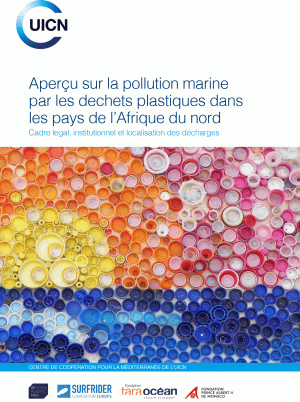
This study was carried out within the framework of the PLASTIMED project, led by the BeMed actors. The project aims to identify both the sources and the impacts of plastic and micro-plastic pollution in the Mediterranean. The objective of the project is to define and better understand on the one hand the origins and typology of plastics and on the other hand their dispersion and thus their potential impact on the environment.
This study essentially aims to carry out an inventory of waste management, particularly in terms of treatment and recovery methods, in the countries of North Africa in order to identify the potential contribution of land-based activities to marine plastic pollution in the Mediterranean. It turns out that several difficulties are encountered at the pre-collection, collection, cleaning, recovery and recycling chain in the region. Processing in particular has presented many organisational and technical difficulties, causing environmental, social and economic problems. The report focuses in particular on the location of landfill sites in North African countries, a major source of marine pollution in the region.
the region.
In order to ensure the sustainability of the plastic waste management system and to restructure it in line with regional and international recommendations, the report presents recommendations for all levels of the waste stream and for waste recovery and treatment activities. In particular, the recommendations highlight the importance of developing an adequate institutional, financial and technical scheme, supported by scientific research and innovation, as well as a communication and education plan.